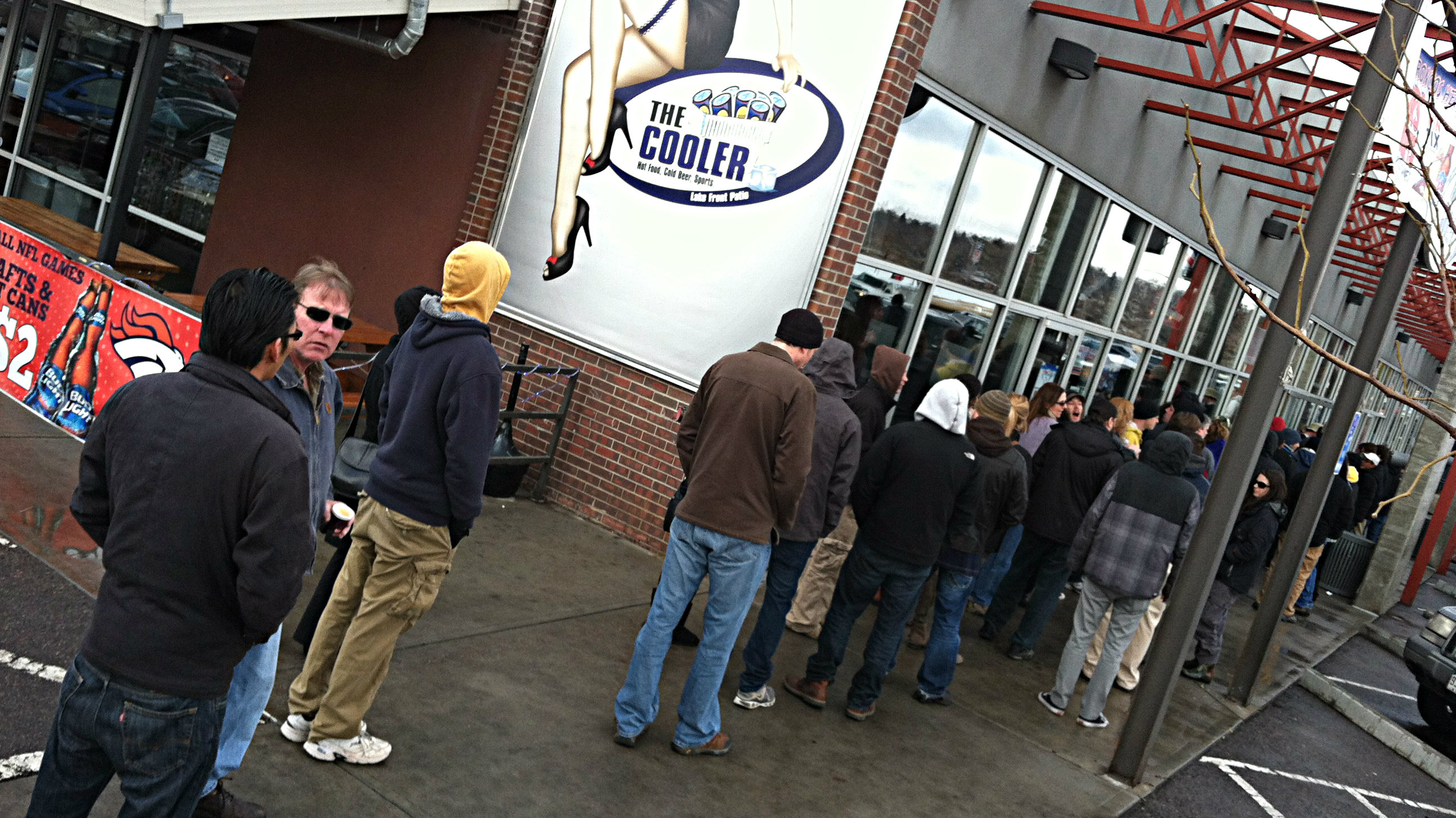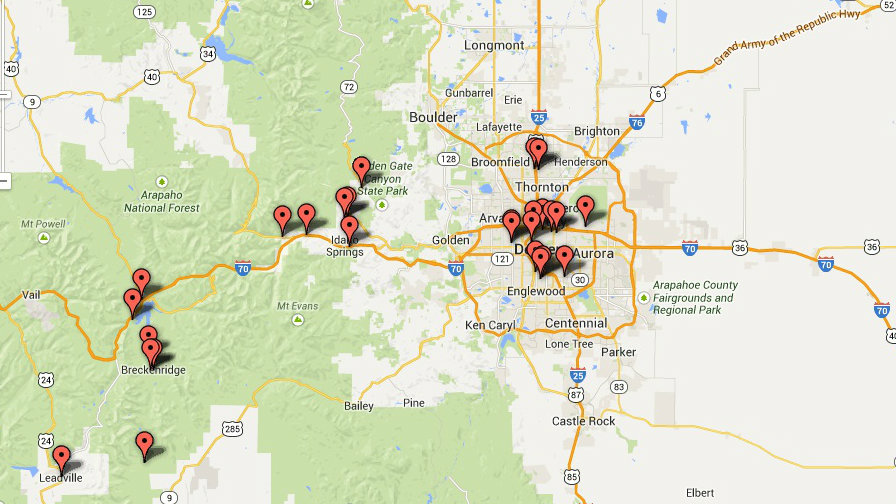
“It’s just such a momentous thing that I think we’re all on this adrenaline rush,” 3-D owner Toni Fox said describing the nonstop preparations ahead of January 1, 2014.
Fox said that 3-D never turned a profit selling exclusively to medical customers.
So Fox took a gamble and converted her entire marijuana inventory to recreational sales.
Now, Fox is betting the long lines of customers who turned out on Wednesday are the start of a lasting groundswell in demand.
While the majority of recreational stores are located in Denver, other areas of the state experienced similar activity at marijuana establishments.
In unincorporated Pueblo West, long lines stretched outside Marisol Therapeutics.
Customer Sam Yanchunis didn't mind the delay but he did have one concern.
“I hope they don’t run out. I mean god forbid – man, that would be horrible,” Yanchunis said.
Mike Stetler, owner of Marisol Therapeutics, was confident supply would be enough to satisfy the opening-day rush.
For Stetler, this moment was more than a business opportunity -- it also represented a change in thinking about marijuana.
“We’re starting to put our foot forward and saying, ‘hey, this don’t hurt nobody, it’s not killed nobody, and I’d rather smoke than drink,’” Stetler said.
Stetler predicted marijuana legalization will encourage people to abandon alcohol and other drugs for what he calls a "safer alternative."
That message bothers opponents of widespread retail marijuana like Gina Carbone with the organization Smart Colorado.
In Carbone’s mind, the state has become a testing ground for legalization and not in a good way.
“Shouldn’t we put some standards in place,” Carbone said. “Some education, make sure our regulation enforcement is in place before we just let it loose?”
According to Carbone, Colorado's youth are being treated like guinea pigs in a massive social experiment.
Carbone has a laundry list of concerns: the potential impact of potent marijuana strains on the developing brains of adolescents, the possibility that recreational marijuana will be diverted to fuel a continuing black market, the lack of a public safety education campaign and the face that the state's marijuana inventory tracking system hasn't been fully completed.
Denver Mayor Michael Hancock has been very vocal about the social cost of legalizing marijuana but in a statement released on Wensday, Hancock called the launch of retail sales a success.
“I am proud of Denver's responsible and balanced implementation of Amendment 64," Hancock said in a statement. "Over the past year, our city agencies have worked hard to collaborate with our partners and listen to so many in our community to establish thoughtful regulations.”
Hancock added that the focus on educating residents and visitors of marijuana laws produced the “fruits of that labor” on Wednesday.










